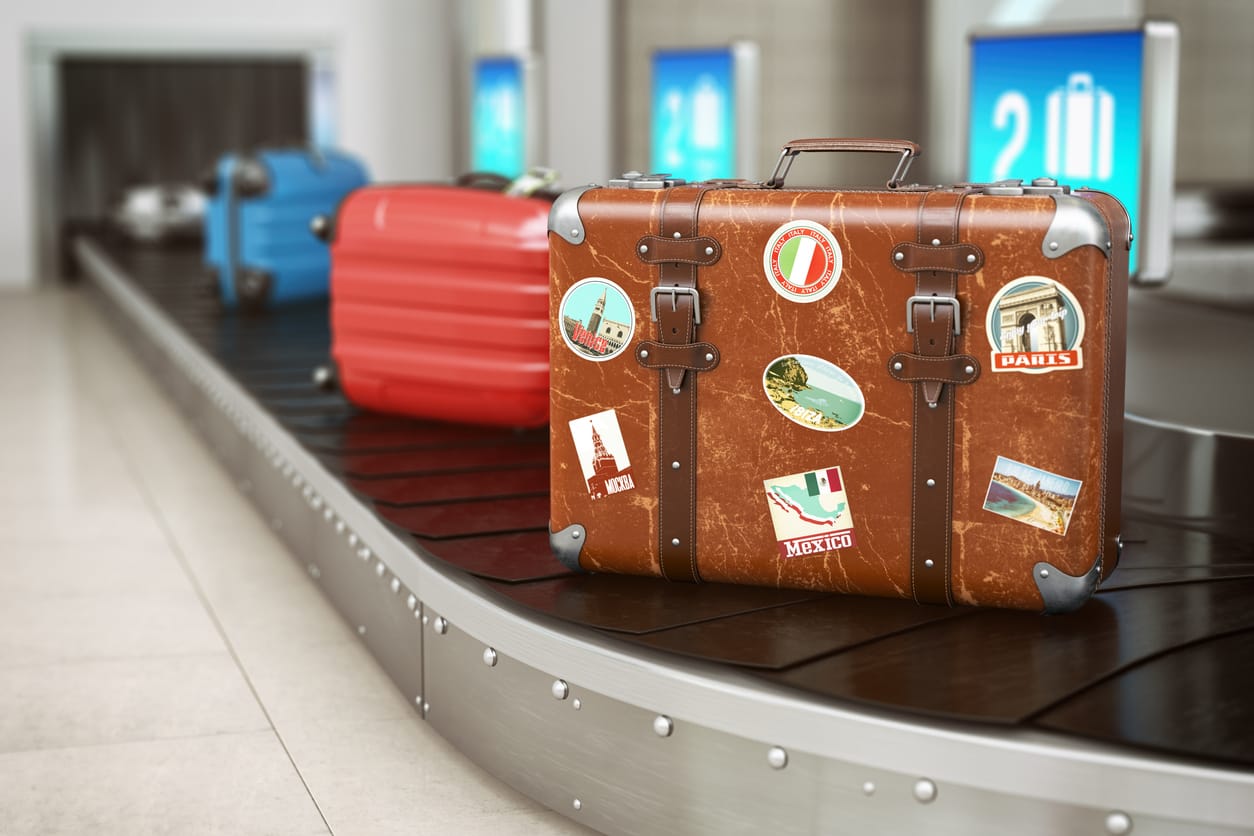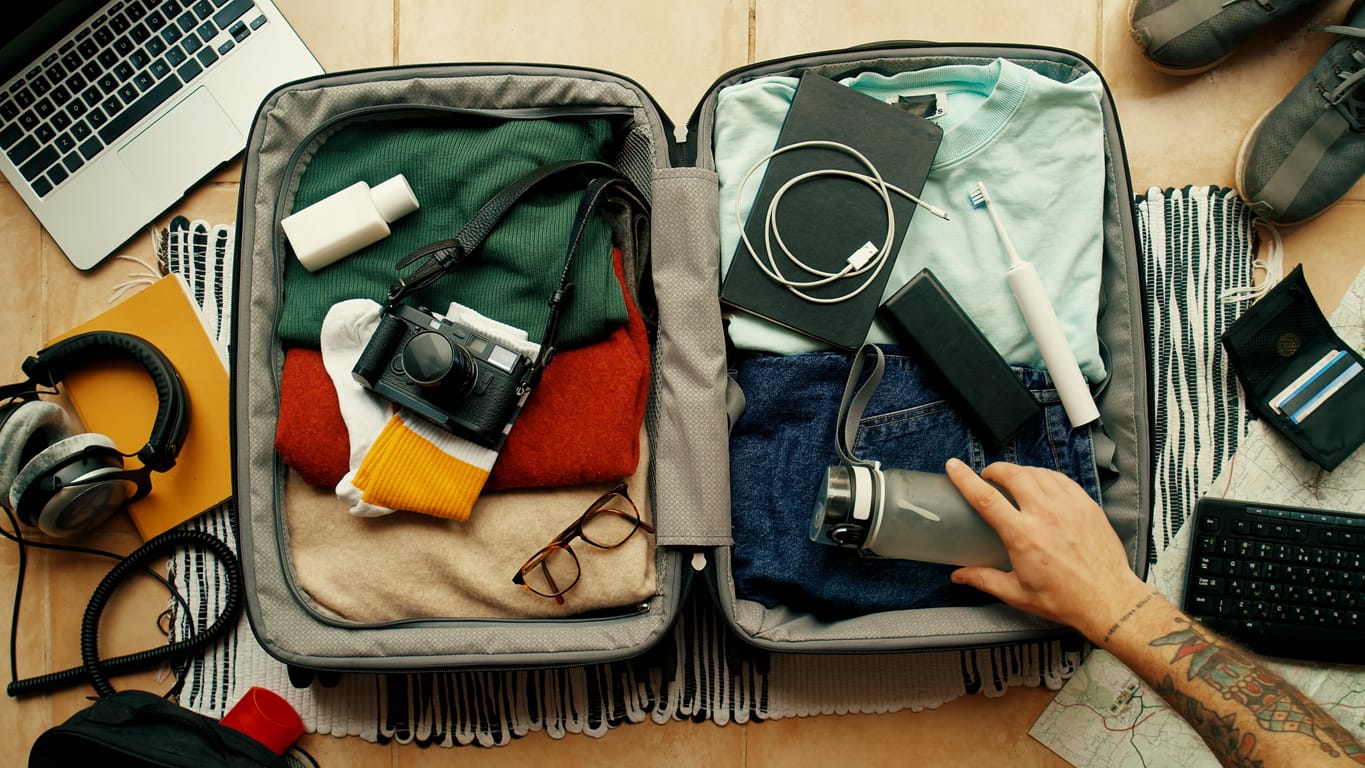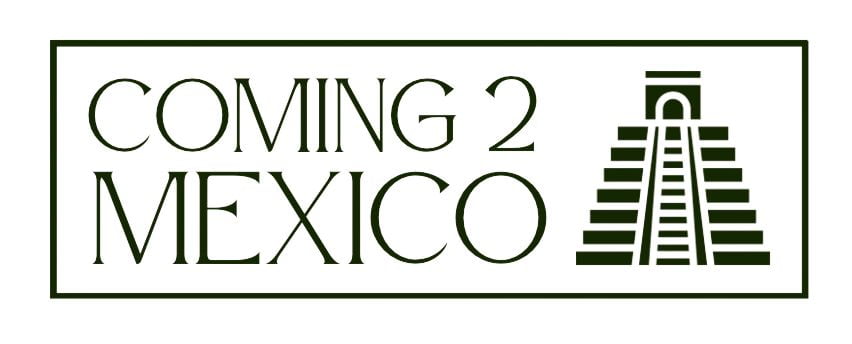Are you planning a trip to Mexico? Are you flying into Cancun? If you have been doing any online research you have undoubtedly heard horror stories from fellow travelers about the crazy customs rules in Cancun. But none of this is new. For years, travelers have reported troubling incidents at Cancun customs—especially involving questionable “fines” or being taken aside for payment under threat of confiscation.
Facebook groups and Reddit threads are full of complaints about being searched by authorities, belongings confiscated and seemingly extortionate fines being levied for something as simple as a spare cigarette or two.
For the affected travelers, the searches and he rules may seem arbitrary. Maybe your bags will get searched—maybe they won’t. Maybe the officers will confiscate your vape—maybe they won’t. The rules are, at best, inconsistently enforced. While most officials are just doing their jobs to the best of their ability, a few bad actors are giving the process a bad reputation.
The best way to avoid any delays—or worse—is to the know the customs rules in Cancun ahead of time and be sure you are in compliance. We have looked at the updated customs rules in Cancun and worked up a list of the items that are most likely to set off red flags with the authorities.

Items That Trigger Attention at Customs
To make sure your arrival in Mexico goes smoothly, it’s worth knowing what’s likely to raise eyebrows at the customs checkpoint. These are the top items that could result in delays, fines, or even legal trouble if you’re not careful.
Extra electronics
Mexico’s customs rules allow travelers to bring in one laptop or tablet per person tax-free. Recently, the Governor of Quintana Roo asked customs authorities at the Cancun International Airport to relax the regulations allowing up to 2 laptops per person to better accommodate business travelers and digital nomads. However, the published regulations have not changed.
If you’re carrying multiple laptops, tablets, or high-value electronics like drones or cameras, be prepared for questions. Customs agents have the authority to charge import duties—up to 19% of the device’s value—if they suspect you’re importing them for resale. If you’re a digital nomad or business traveler, it’s best to pack light or carry documentation to justify your devices.
- Consequence: Immediate import tax of up to 19% of the declared value, calculated in Mexican pesos. If you can’t provide proof of value, customs may estimate a value based on local retail pricing. Refusal to pay could result in the item being held or confiscated.
Vape products and e-cigarettes
Despite their popularity in many countries, vape devices and e-cigarettes are strictly prohibited in Mexico. A presidential decree bans the importation of these items entirely—whether for personal or commercial use. That includes vape pens, cartridges, e-liquids, and even related accessories. Customs agents are actively looking for them in both carry-on and checked bags. Best advice: don’t bring them at all.
- Consequence: Confiscation and a fine of up to $18,000 MXN (approx. $1,000 USD). Mexican customs officers are actively enforcing the presidential ban on imports. In extreme cases, repeated or large-scale infractions may be treated as smuggling.
Prescription medications and pseudoephedrine
Travelers are allowed to bring personal-use prescription medications into Mexico, but only if those medications are in their original containers with a clear pharmacy label and your name on it. Loose pills in a Ziploc or daily organizer will raise red flags. Equally important, many U.S. and Canadian cold and allergy medications—especially those containing pseudoephedrine (like Sudafed-D and Claritin-D)—are banned. These will be confiscated, and you may be questioned. When in doubt, bring a doctor’s note or stick to basic over-the-counter meds available in Mexico.
- Consequence: Confiscation of the medication and possible detention for questioning, especially if pills are not in labeled containers. In rare cases, unauthorized possession of restricted medications can be considered a criminal offense under Mexican health laws.
Agricultural products
You may have packed a healthy snack or a leftover sandwich from your flight, but Mexico has strict regulations on importing food items, especially fresh fruit, vegetables, meats, dairy, and seeds including rice. These items are banned to prevent the introduction of pests or plant diseases. Agricultural inspectors are thorough and routinely search for these materials. Anything found will be confiscated on the spot. Your best bet? Eat it before you land or leave it behind.
- Consequence: Immediate confiscation of all items and a written warning. If commercial quantities or restricted plants are found, travelers may face fines and mandatory sanitation inspections under Mexico’s plant and animal health laws.
Cigarettes and tobacco products
The duty-free limit for tobacco products is very clear: adults are allowed to bring in up to 200 cigarettes (10 packs), 25 cigars, or 200 grams of tobacco. Bringing more than this—whether purchased duty-free or elsewhere—means you’ll either have to pay a significant tax or forfeit the excess. It’s worth double-checking the contents of those bulk cartons, as some duty-free packs contain more than the legal limit. Also, be sure to ditch the open pack of cigarettes you may be traveling with. Even one cigarette can put you over the limit and into trouble.
- Consequence: If you exceed the allowed limit (200 cigarettes, 25 cigars, or 200g tobacco), the excess is subject to import duties (up to 65%) or complete forfeiture. In some cases, you’ll be required to pay the taxes before being allowed to proceed.
Drones
Bringing a drone into Mexico sounds like a great idea for capturing those beach sunsets—but it’s not so simple. Drones that weigh more than 250 grams must be registered with Mexican aviation authorities, and there are many areas where drones are forbidden (including archaeological zones and national parks). Customs officials have been known to stop travelers carrying unregistered drones and may charge you import taxes based on the drone’s value. If you do plan to fly, make sure you’ve done your homework and have the documentation to prove it.
- Consequence: If unregistered or over the weight limit (250g), customs may require an import tax of up to 19% of the drone’s market value. In no-fly zones (like national parks or archaeological sites), fines up to $43,000 MXN (~$2,400 USD) may apply under aviation law if you’re caught operating it illegally.

Commercial quantities of goods
Bringing souvenirs home for friends and family is perfectly fine—within reason. But if your bag contains 20 identical t-shirts, or you’re carrying 15 bottles of the same perfume, customs might assume you’re importing for resale. While these may just be gifts for your wedding party, this changes your status from tourist to commercial importer, which triggers paperwork, taxes, and potential fines. To avoid problems, keep gift items diverse and in quantities that clearly suggest personal use.
- Consequence: You may be required to pay high import taxes and duties, and if customs deems your items are for resale, you’ll be processed as a commercial importer. Fines and formal customs processing can delay your entry by several hours or more
Undeclared valuables
Travelers bringing expensive jewelry, luxury watches, or new electronics (especially in original packaging) may be flagged if customs officials suspect you’re hiding their value. You don’t need to declare your personal items, but if you’re carrying something high-end that looks new or unopened, you could be asked to show a receipt or pay tax on it. When in doubt, use or wear the item before you arrive—or carry documentation to prove it’s yours.
- Consequence: If luxury items appear new or unreported, you may be required to pay import tax based on their assessed value. If customs believes you attempted to hide or undervalue them, a fine up to 70% of the item’s value may apply.
Firearms and ammunition
Mexico enforces extremely strict firearms laws. Bringing in any type of firearm, ammunition, or even a spent shell casing is illegal without an almost-impossible-to-obtain permit from the Mexican Ministry of Defense. Tourists who unintentionally bring a forgotten bullet in a hunting bag or carry-on pocket have been arrested and detained. If you’re using luggage that has ever been used for hunting, triple-check every pocket before packing.
- Consequence: Arrest and criminal charges, even for a single forgotten bullet. Unauthorized possession of firearms or ammunition in Mexico is a federal crime, often punishable by 5 to 30 years in prison. This applies even if the firearm or ammo is registered in another country.
Cash over $10,000 USD
It is 100% legal to carry more than $10,000 USD (or its equivalent in other currencies) into Mexico, but it must be declared. Failure to declare large sums of cash can result in immediate fines of 20 to 40 percent of the undeclared amount—and in some cases, full seizure of the money. The declaration process is straightforward, so if you’re carrying a large amount for real estate, medical, or business purposes, declare it honestly at customs.
- Consequence: If undeclared, expect a fine of 20% to 40% of the amount exceeding the limit, per Mexican customs law. In some cases, all the funds can be seized. Legal action may follow if the undeclared money is suspected to be linked to money laundering or other crimes.
What If I Get Fined?
There is one final thing to look out for. In the event that you are taken aside and fined by the customs authorities at the airport, you will need to pay with a credit or debit card. Be certain that you confirm the amount of the fine, make sure you know whether it is being charged in pesos or USD and have notifications set up on your cellphone to alert you of any transactions that run through your account.
Do not leave customs without seeing the notification come through and confirming that the amount is correct. If they are trying to hurry you along—stand your ground politely. If there is a “mistake” with the amount of the transaction, this is your only chance to have it addressed.
The best way to avoid problems all together? Know the customs rules in Cancun, declare what you need to, and don’t give anyone an excuse to make your arrival more difficult than it needs to be. If something feels off, ask for a supervisor or contact your consulate.
With just a little care and preparation, you’ll be on your way to that first beachside beverage with no stress and no surprises.

